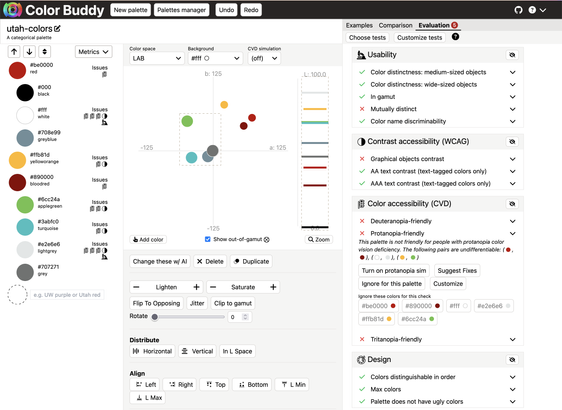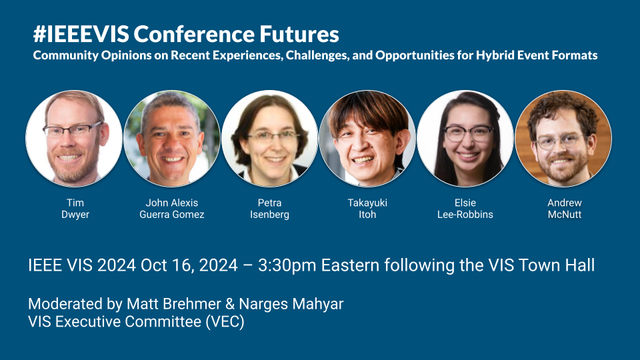Over the last 11 months since #ieeevis 2023, the VIS 2024 Overall Papers Chairs (OPCs)---Tamara Munzner, Holger Theisel, and I---have been carefully documenting the "Road to VIS 2024" in a series of 11 posts on the @ieeevis website. Find them here: https://ieeevis.org/year/2024/blog/index
The goal was to demystify the VIS review process, covering topics from call for papers to final selections. We invited the community to join us in exploring the recently restructured process, aiming for transparency.

